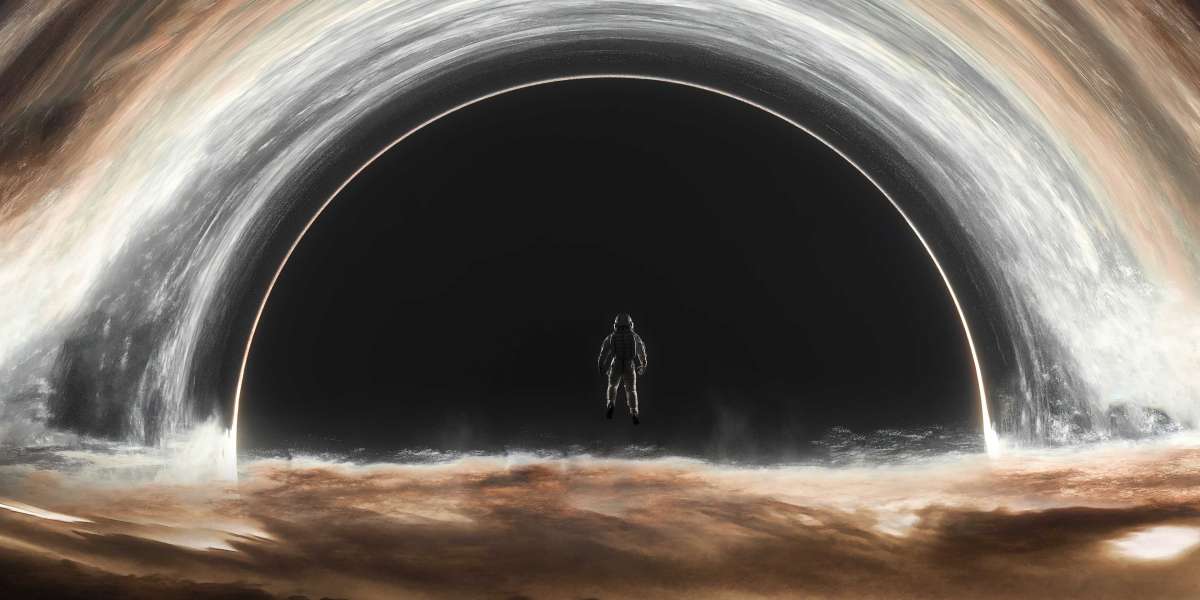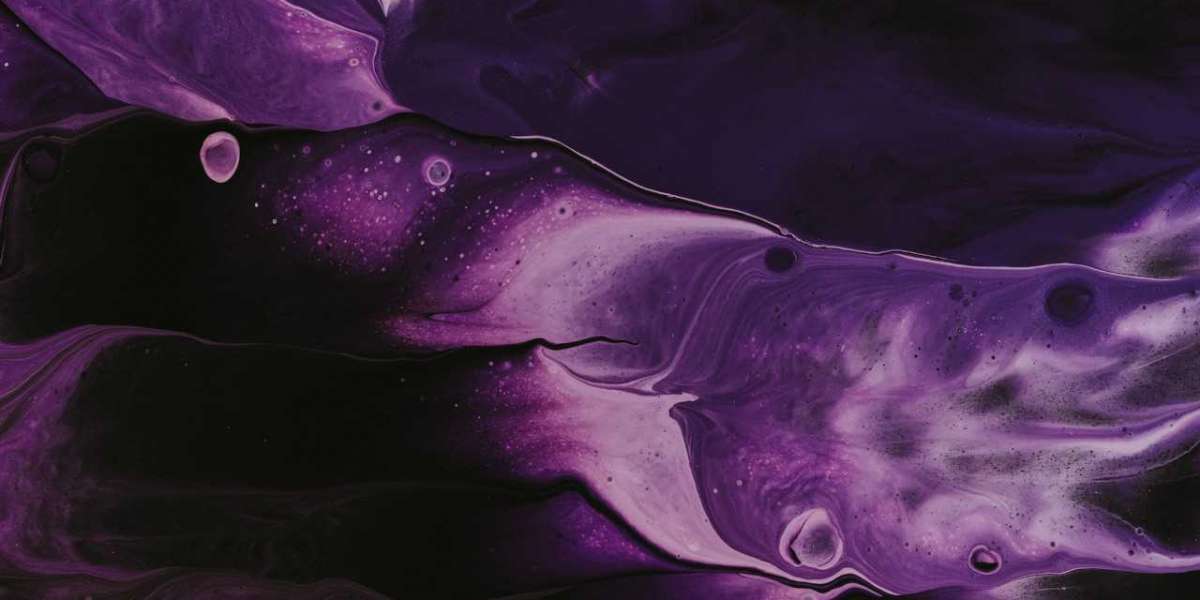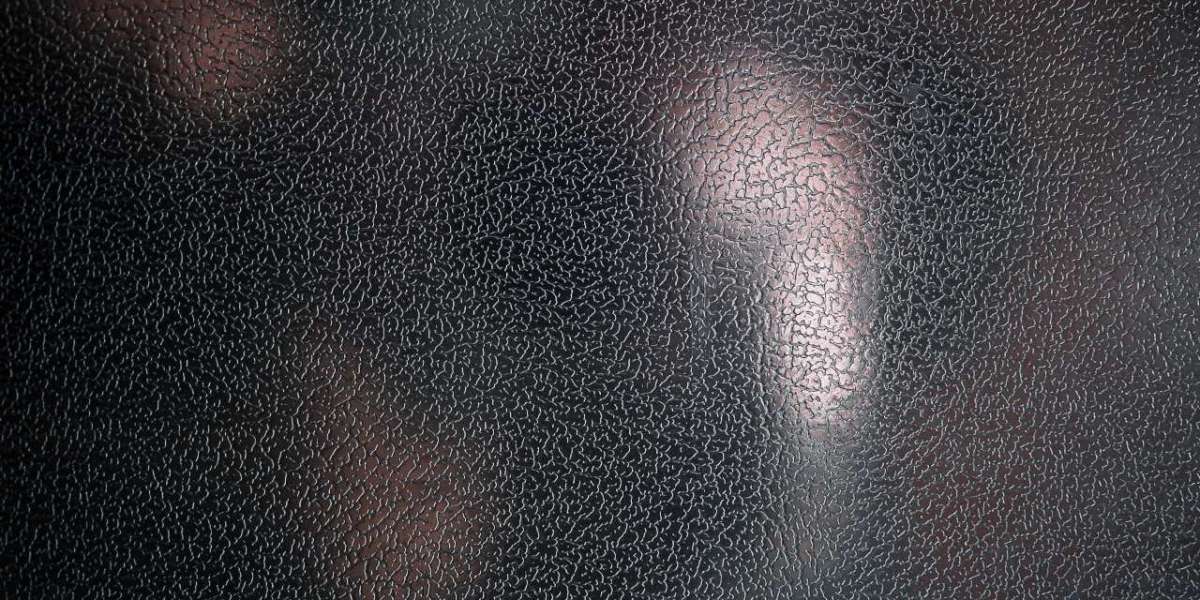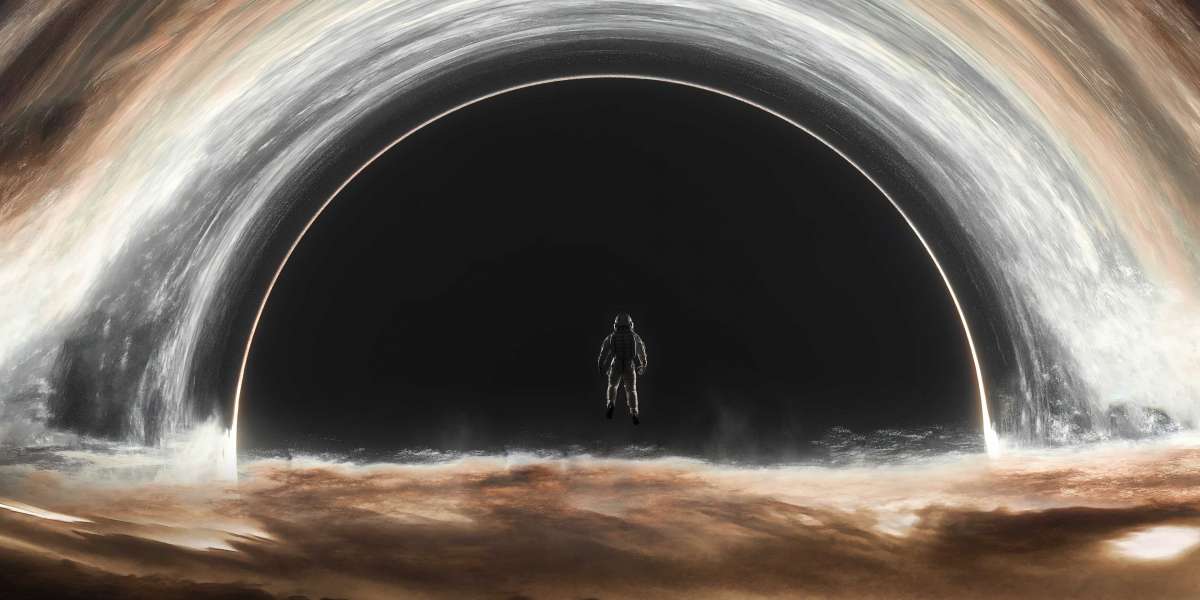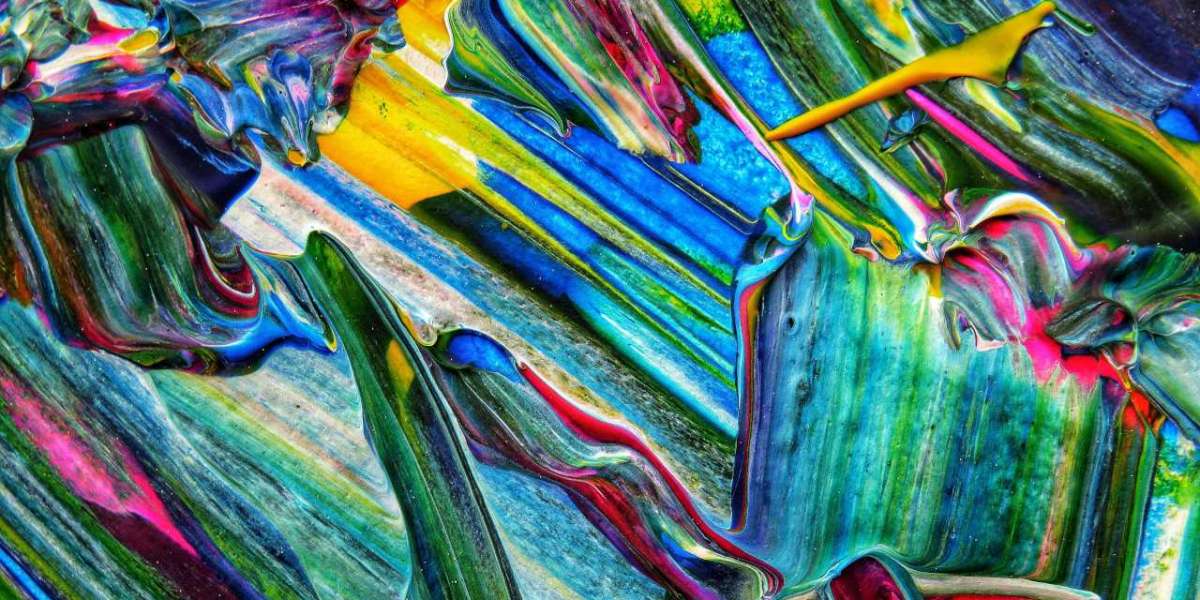When we think of diamonds, we often picture sparkling, clear gemstones adorning jewelry. But have you ever wondered what diamonds are made of? In this article, we will take a closer look at the composition of diamonds, from their humble beginnings as carbon to their transformation into the brilliant crystals we know and love.

The Formation of Diamonds
Diamonds are formed deep within the Earth's mantle, where extreme heat and pressure cause carbon atoms to crystallize. This process can take millions, or even billions, of years to complete. As the carbon atoms bond together, they form the rigid, three-dimensional structure that gives diamonds their renowned hardness and brilliance.
Carbon: The Building Block of Diamonds
At the heart of every diamond is carbon, the fundamental element that makes up these precious gemstones. The carbon atoms in diamonds are arranged in a crystal lattice structure, which is responsible for their exceptional strength and durability. This unique arrangement of carbon atoms is what sets diamonds apart from other forms of carbon, such as graphite.
The Crystal Structure of Diamonds
One of the most fascinating aspects of diamonds is their crystal structure. Each carbon atom in a diamond is bonded to four other carbon atoms in a tetrahedral arrangement, creating a robust and tightly packed lattice. This structure not only gives diamonds their renowned hardness but also contributes to their exceptional optical properties, including their ability to refract light and produce dazzling brilliance.
From Carbon to Crystal: A Deep Dive into the Composition of Diamonds
As we delve deeper into the composition of diamonds, we uncover the intricate process that transforms carbon into the mesmerizing crystals we admire. The journey from carbon to crystal is a testament to the remarkable forces of nature that shape these extraordinary gemstones. From the intense heat and pressure deep within the Earth to the meticulous craftsmanship required to cut and polish diamonds, every step in this journey contributes to the allure and mystique of these timeless treasures.
In conclusion, diamonds are not only beautiful and valuable but also a marvel of nature's ingenuity. Their composition, from carbon to crystal, is a testament to the remarkable processes that occur deep within the Earth. Understanding the building blocks and structure of diamonds allows us to appreciate their beauty even more. The next time you admire a diamond, take a moment to marvel at the incredible journey that has transformed humble carbon into a mesmerizing crystal.


